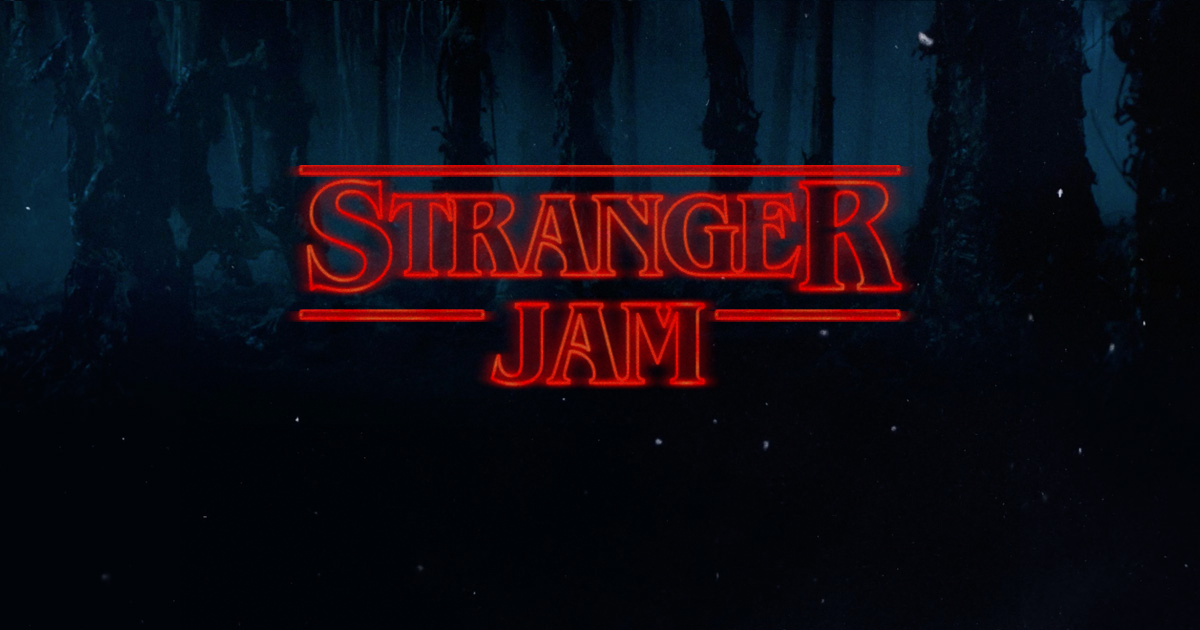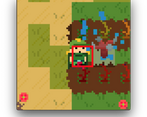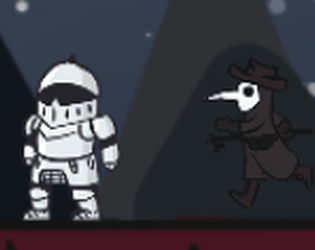The Mad Programer's Lab
Homepage of Ahmet Akkoç
About
Greetings traveller!
I’m a curious mind, technophile and self-taught programmer! Currently, I’m a Data Science Master’s student at the ITU University of Copenhagen. My Bachelor was in Computer Engineering, from Koç University with a track in Machine Learning and Artificial Intelligence!
I’m also a member of Data Horde, a community blog dedicated to digital archiving.
I get around quite a bit, below are some of the other places you may have spotted me before landing on this homepage.
Contact:
- e-mail: ahak AT itu DOT dk
- LinkedIn: /ahmet-akkoç/
Featured Projects
-
Recent Publication: The Problem of Subjective Equivalences or How Pragmatism can Improve Common Ontologies
Common ontologies based around collaboration have given us new ways to view the world. But they have also shown how each of us views the world differently. This paper introduces the problem of subjective equivalences, or how equivalents and inequivalents vary from person to person. Real world examples of conflicting subjective equivalences and their implications are analyzed. It is argued that Peirce’s pragmatic maxim can be employed to resolve conflicting subjective equivalences when and where they occur.
Published in Ergon Vol I
-
Graduation Project: Crowdie
Crowdie is a crowdsourced news application where users can report on current social events or emergency situations. The source for the reported events will remain the users, who have to register an account first. Besides base functions of reporting and viewing, users can filter events of their choice, look up events using the navigation functionality and Re-Port events which can be thought of as an event confirmation. Besides the functionalities of our web application directly visible to the user end, privacy and security measurements are also implemented. Sensitive user information is encrypted, and anomaly detection methods are used in order to detect and prevent false information.
Live Demo available at https://crowdie-demo.herokuapp.com/
-
Reversed Kinship Atlas (2019)

A child calling their parents “mother” or “father” is a familiar sight. Yet, in many languages mothers can also adress their children as “mother”, fathers can call their children “father”; for languages that have separate words for older and younger siblings an older one may refer to their younger sibling with the word the younger is expected to refer to the elder as etc. There are several names for this phenomenon, but I choose to call it
reversed kinship.Despite prominence in many languages and limited literature spanning at least a century or so, sad to say there is not much information on it. So I made an atlas of my own, based on my personal (often anecdotal) research over the course of several years.
Needless to say, I still consider this to be a work in progress and there are some pending changes to be made (in particular for Russia, Vietnam, South America and Eastern Europe). However, I hope that one day a large scale survey might come of this to illuminate an overlooked feature of language and family.
I have not written a research paper or published anything in a journal, but you can find a 13000 character explanation, explaining the map with some supplemental notes on Reddit.
Gamedev
Organization:
-

I co-hosted Stranger Jam (19-26 June 2020). In Stranger Jam participants were only allowed to team up with people they hadn’t met before, hence people who were complete “strangers”. Stranger Jam was a unique twist on the usual game jam formula, allowing participants to collaborate with new people, instead of only competing against one another.
19 games were submitted by over 40 participants. A playthrough of Stranger Jam submissions is available as a YouTube Playlist, courtesy of The Wandering Shadow.
Collaborations:

- A Little Planet Called Chokka (LOWREZJAM 2019)

Solo Games:
- Here, Fishy Fishy! (Ludum Dare 46 Compo)
Competitive Programming
- I’m trying to get back into coding. Find me on Codeforces, Kattis and Hackerrank.
- Sometimes, I’m also on Kaggle.
Q&A
-
I spend a lot of time on Stack Exchange. I’m most active on Stack Overflow and Linguistics.
-
I also write on Quora from time to time. Most notably I administer the Cult of Linguists Group.
